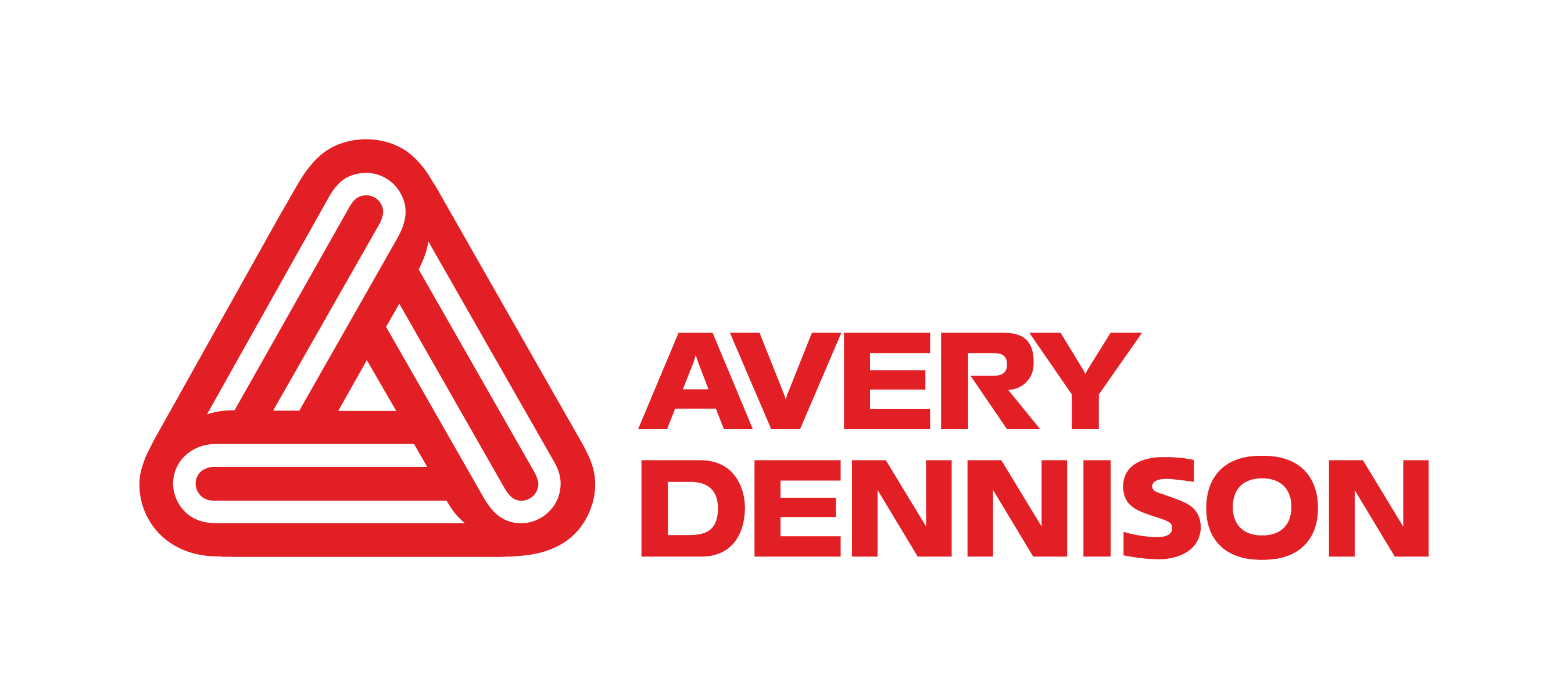Moreover, bio-based hot melt adhesive and recycled content (from physical recovery) products like rPP (recycled polypropylene) and rPET (recycled polypropylene) contribute to reducing Scope 3 GHG emissions by effectively minimizing the carbon footprint associated with the production of new materials. By using recycled content, these products require less energy and fewer resources compared to virgin materials, leading to lower emissions throughout their lifecycle. Additionally, incorporating recycled materials reduces the need to extract and process raw materials, minimizing waste and promoting a circular economy. This aligns with our sustainability goals and helps companies move closer to their emissions reduction targets.
Beyond that, our products are designed with circularity in mind — they are recyclable, reusable, and compostable. By choosing Avery Dennison, our customers are empowered to reduce their carbon footprint, thus collectively contributing to our shared environmental goals.
We aren't stopping at just our products though. Our commitment to reducing Scope 3 GHG emissions extends to the materials we source. By using paper products that are FSC certified, we support supplier decarbonization efforts and sustainable forestry practices. In addition to transforming our portfolio, we are collaborating with key suppliers to develop materials that have a lower carbon footprint, which involves utilizing renewable energy, enhancing efficiency, and employing green logistics.
Avery Dennison's commitment to sustainability and GHG reduction is more than just words. It is evident in our product offerings, strategies and the core of our mission. By choosing to work with Avery Dennison and using our suite of eco-friendly products, not only are customers receiving high-quality solutions, they are also contributing to the sustainability of our planet.








